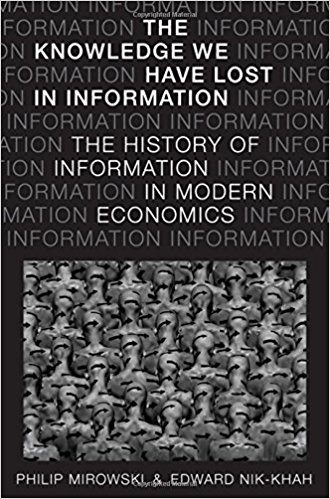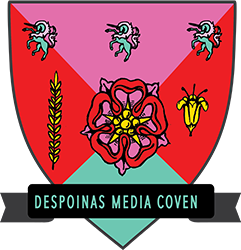
A century ago, “information” did not have much cultural resonance as a concept. It was a nondescript word: “An item of training; an instruction.” Yet we now find ourselves poised and pinioned in the Information Age. Which, by the way, the OED defines for us in its dry prose: “the era in which the retrieval, management, and transmission of information, esp. by using computer technology, is a principal (commercial) activity.” [1] Its original referent had been derived from the ancient Latin precursor: the verb informare—to give form to; to shape; to mold. Information at its birth was the act of infusion with form. Where, and how? In the beginning, the forming takes place in the mind. But a big part of our narrative is the way in which the verb got reified into a noun, first into a number, then into a thing, and finally, into a cosmic principle of organization around which our age putatively revolves.
– Mirowski & Nik-Khah, ‘Natural Science Inspirations’ in The Knowledge We Have Lost in Information: The History of Information in Modern Economics, Oxford: Oxford University Press








